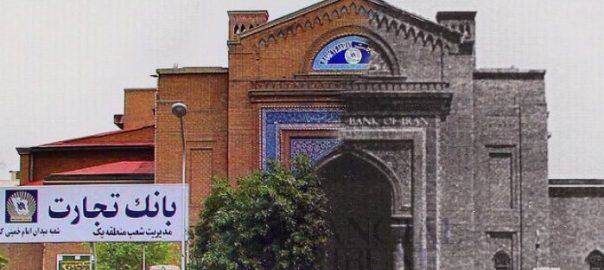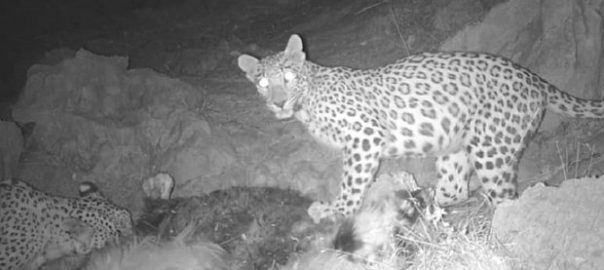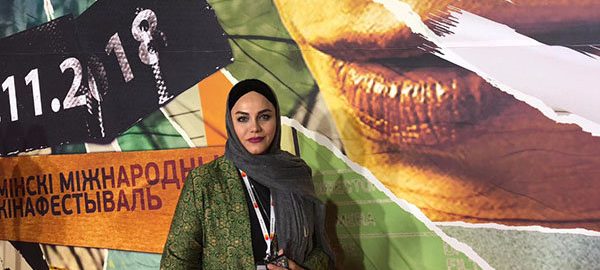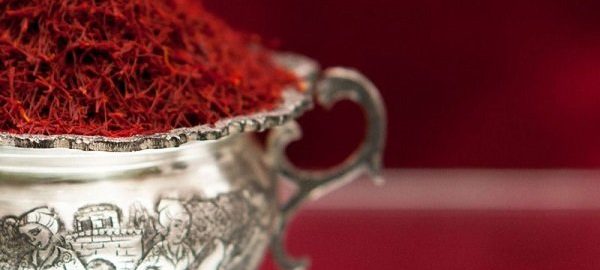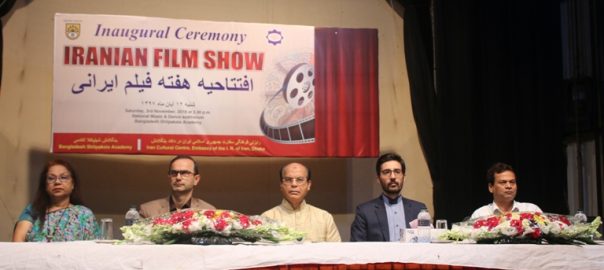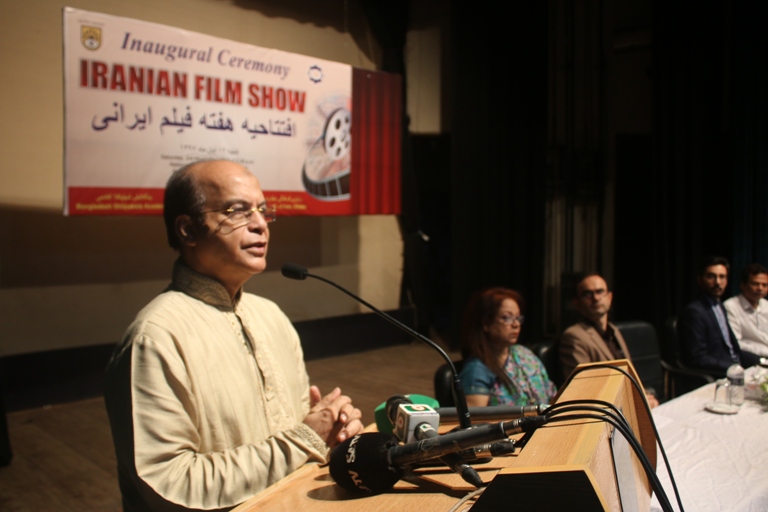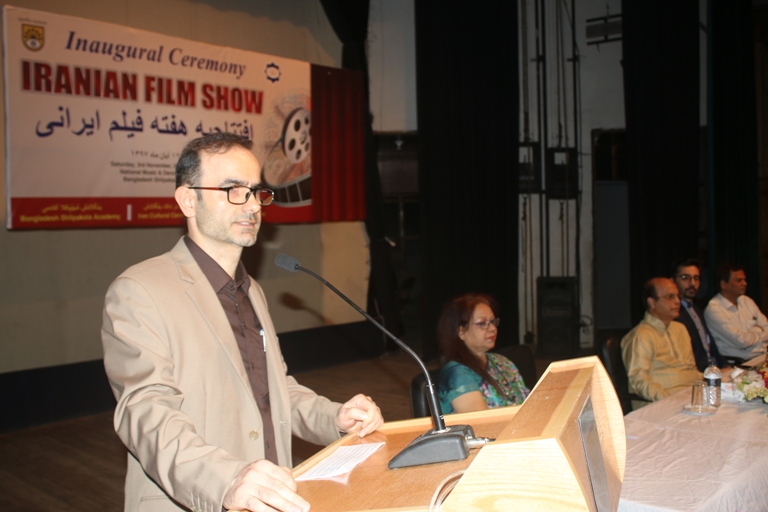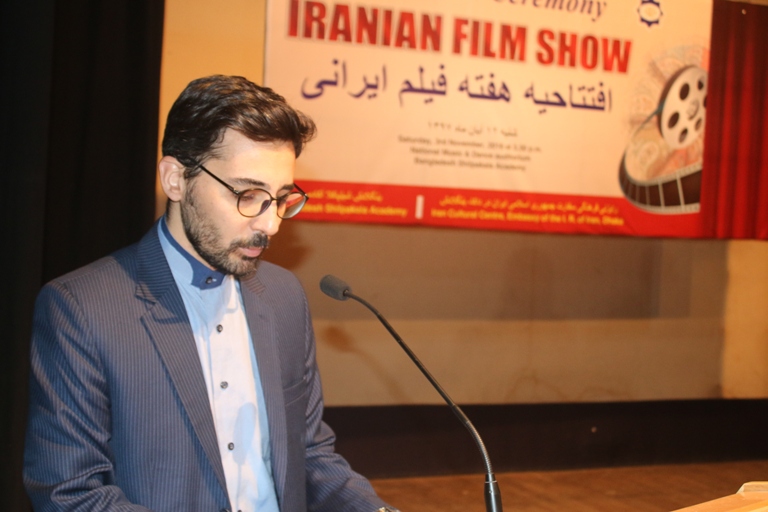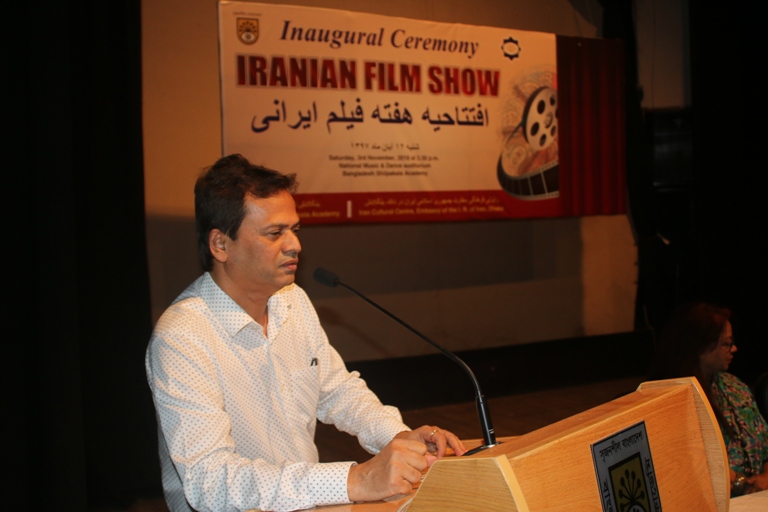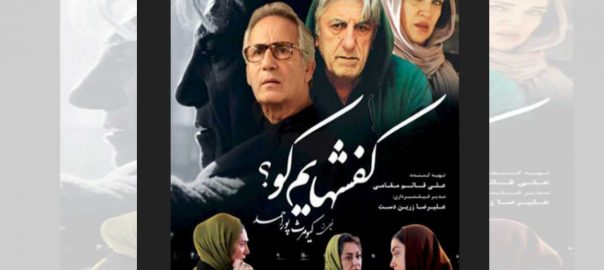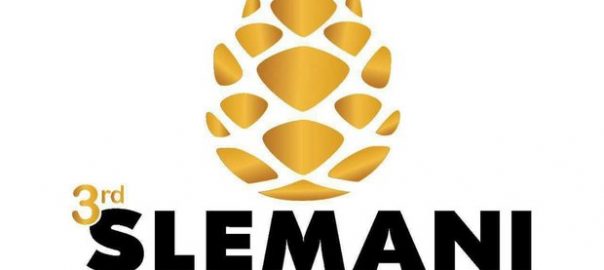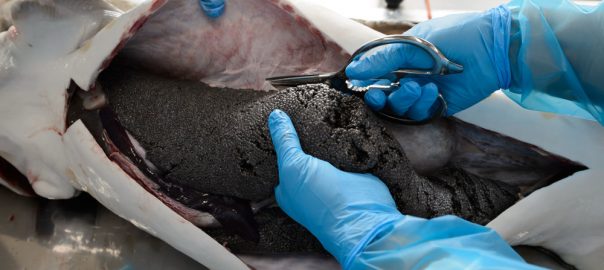Tehran’s Imam Khomeini street, formerly Sepah street, plays host to a number of major buildings turned museums that are currently managed by banks.
National Jewelry Museum
Unparalleled in its diversity and containing unique valuables dating back to more than 500 years ago, the National Jewelry Museum is safeguarded and run by the Central Bank of Iran.
From centuries-old thrones to luminous jewels, the museum’s treasury boasts unexampled items that were originally collected at the behest of Safavid dynasty kings whose jewelry experts plucked them from the markets of India, and the Ottoman Empire, in addition to European nations such as France and Italy, and returned them to the then capital city of Isfahan beginning from the start of the 16th century.
The presence of Daria-i-Noor (Sea of Light), one of the largest cut diamonds in the world and the sister diamond to Kooh-i-Noor (Mountain of Light, currently part of the British Crown Jewels), and many other items means that putting a price on the collection would not be possible.
“Our motivation in presenting these jewels is to create better understanding of the culture and history of Iran and to learn from the outcome of those who oppress and amass wealth,” the central bank says.
Bank Melli Museum
More than a century ago, one of the most beautiful and elegant residential units of Tehran was built to host many of the courtiers of the Qajar dynasty and their foreign guests.
After being repurposed and completed in the following decades to include the headquarters of Bank Melli Iran (now the biggest Iranian bank), the building was finally branded with its current name almost 40 years ago when a number of foreign banks bestowed it with exquisite gifts to mark its 50th founding anniversary.
It was closed to the public in the years following the Islamic Revolution in 1979, but was ultimately reopened in the summer of 2017. Virtual Tour
Bank Sepah’s Coin Museum
Run by Bank Sepah, the oldest Iranian bank still in operation, the Coin Museum is one of the richest and most valuable museums of its kind across the Middle East.
It was founded more than half a century ago by a former Bank Sepah chief executive who employed the services of Malakeh Malekzadeh Bayani, a renowned Sorbonne-graduated numismatist.
The museum’s collection contains coins, some dating back to centuries before the birth of Christ, that are indicative of economic, social, cultural and religious facts of various periods of the history of Iran and other nations.
Less than two years ago, the bank’s board of directors approved a new bigger space for the museum that includes three exhibition halls, a renovation workshop, a conference hall, and various shops. / Financial tribune/

